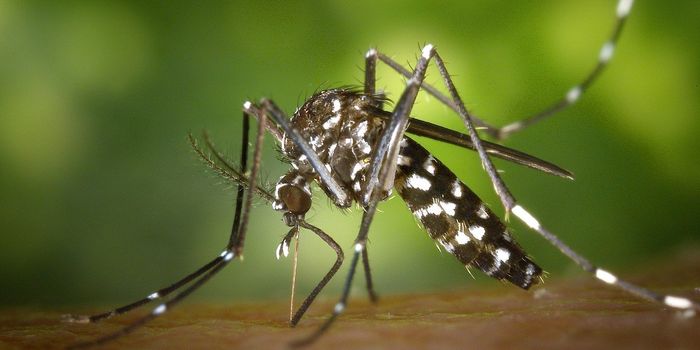Nanotechnology in Drug Development
Nanotechnology is a rapidly developing field with the potential to revolutionize many areas of science, including drug discovery. With the ability to manipulate matter at the nanoscale level, researchers can create new drugs that are more effective, targeted, and safer than traditional treatments. In 2023, the potential of nanotechnology in drug discovery is more promising than ever before.
One of the most exciting applications of nanotechnology in drug discovery is the development of targeted drug delivery systems. These systems use nanoparticles to deliver drugs directly to specific cells or tissues, minimizing the potential for side effects and increasing the effectiveness of the treatment. For example, researchers have developed nanoparticles that can cross the blood-brain barrier and d tumor vasculatures as needed and deliver drugs directly to the brain & possible tumors, opening up new possibilities for the treatment of neurological and oncological disorders.
Another area of potential for nanotechnology in drug discovery is the use of nanosensors to monitor the effectiveness of treatments. These sensors can be designed to detect specific molecules or changes in cellular activity, allowing researchers to track the progress of a treatment in real-time. This can help to identify potential issues early on and allow for adjustments to be made to the treatment plan.
In addition, nanotechnology can also be used to develop new drug candidates. By manipulating molecules at the nanoscale level, researchers can create drugs that are more effective and have fewer side effects than traditional treatments. For example, nanoparticle-based drug delivery even has improved stability, biocompatibility, enhanced targeting potentials, and more.
Learn more about nanoparticle-based drug delivery here:
However, as with any emerging technology, there are also challenges to be addressed. One of the main concerns with nanotechnology in drug discovery is the potential toxicity of nanoparticles. While nanoparticles are generally considered safe, there is still a need for more research to understand their long-term effects on the body.
In conclusion, the potential of nanotechnology in drug discovery is vast, with applications ranging from targeted drug delivery to the development of new drug candidates. In the current AI boom, we are closer than ever to realizing the full potential of this technology, but there is still much work to be done. With continued research and development, nanotechnology has the potential to transform the field of drug discovery and improve the lives of patients around the world.
References
Tewabe A, Abate A, Tamrie M, Seyfu A, Abdela Siraj E. Targeted Drug Delivery - From Magic Bullet to Nanomedicine: Principles, Challenges, and Future Perspectives. J Multidiscip Healthc. 2021;14:1711-1724. Published 2021 Jul 5. doi:10.2147/JMDH.S313968
Nanosensors for therapeutic drug monitoring: implications for transplantation Ashkan Shafiee, Elham Ghadiri, Jareer Kassis, and Anthony Atala Nanomedicine 2019 14:20, 2735-2747
Yao Y, Zhou Y, Liu L, et al. Nanoparticle-Based Drug Delivery in Cancer Therapy and Its Role in Overcoming Drug Resistance. Front Mol Biosci. 2020;7:193. Published 2020 Aug 20. doi:10.3389/fmolb.2020.00193








